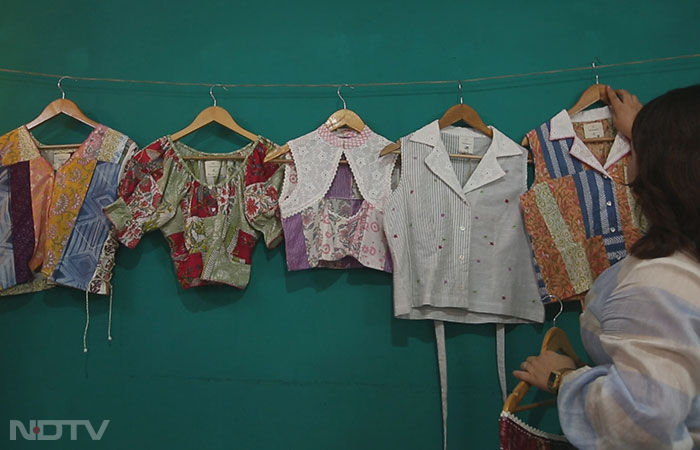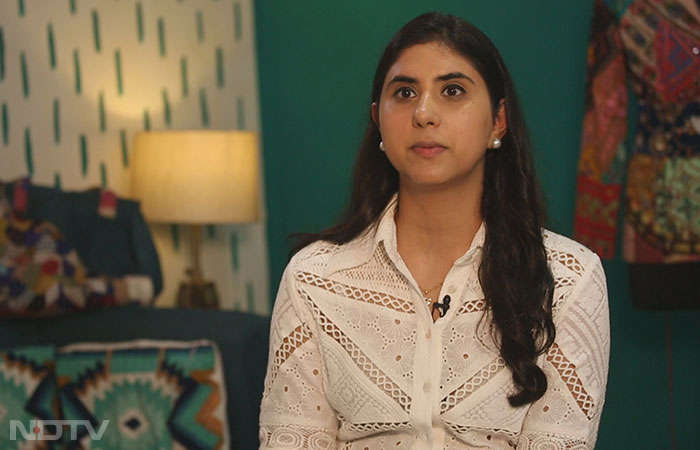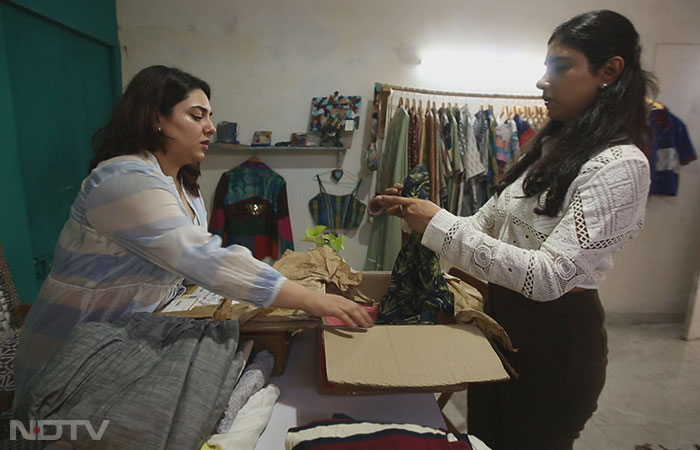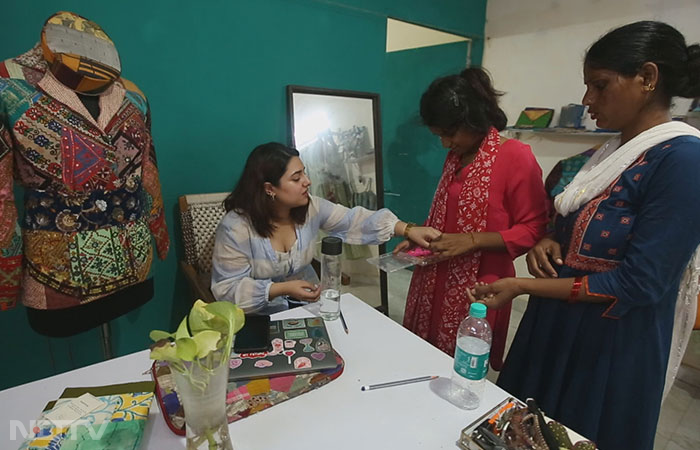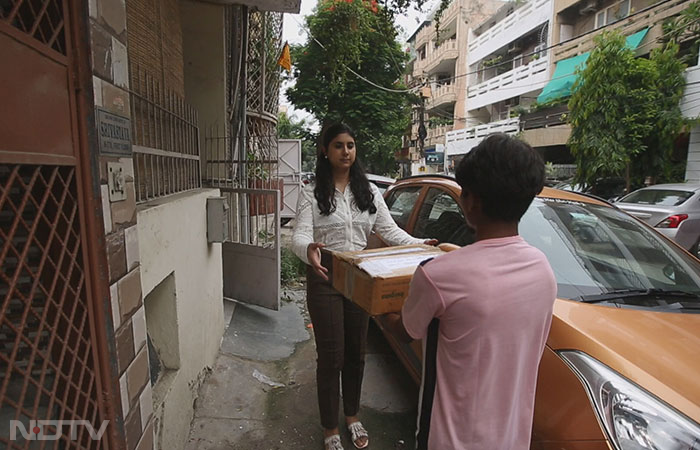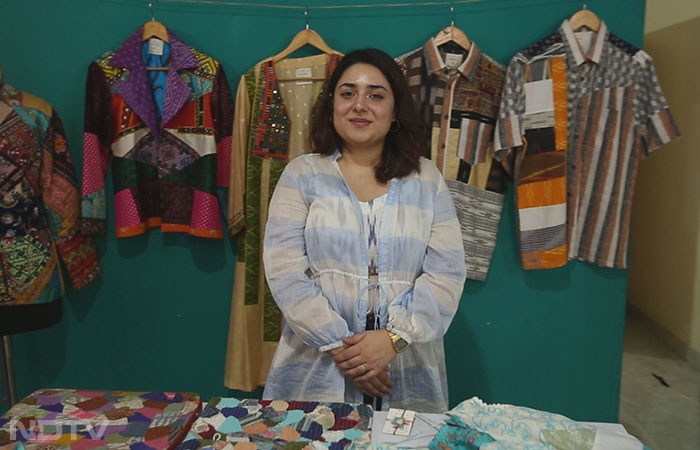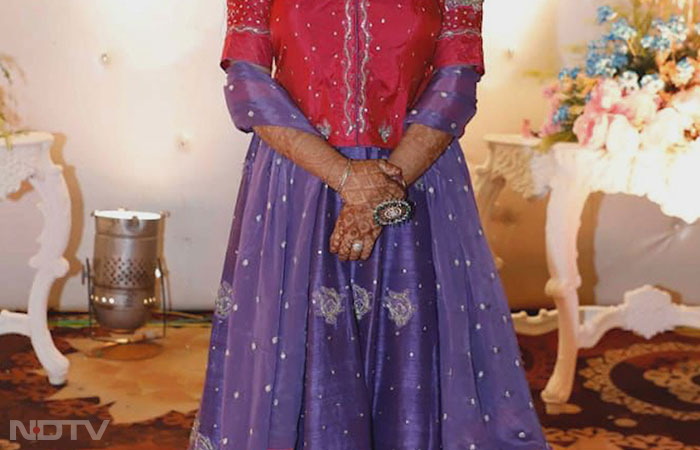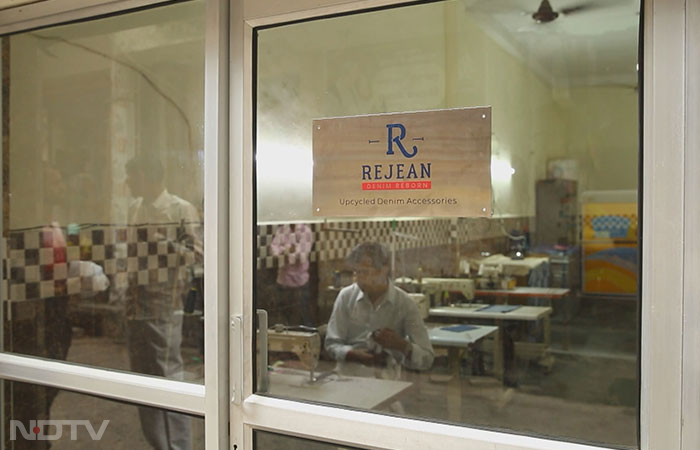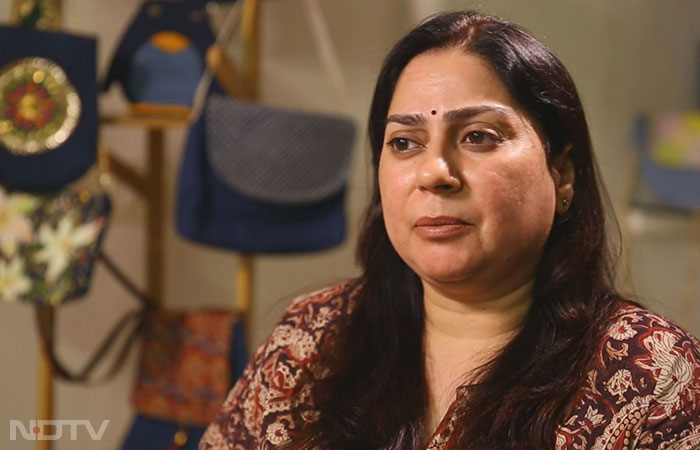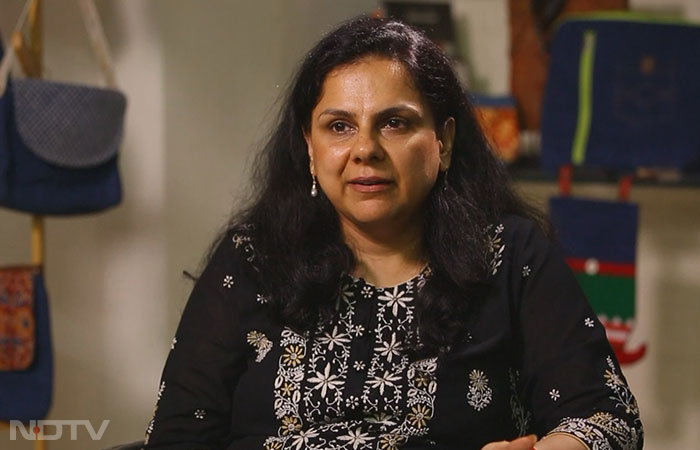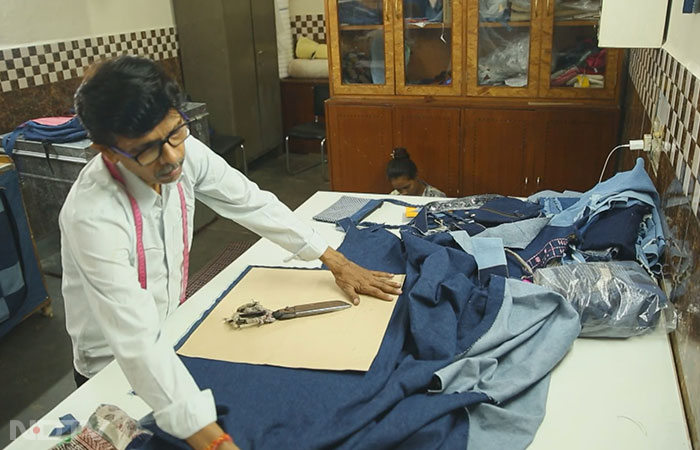With Their Upcycling Businesses, These Organisation Are Advocating Sustainable Living
The need for textile upcycling is becoming increasingly apparent due to the alarming environmental challenges we face. We bring to you some brands that are working in the same direction. On one hand is 'Refash', a platform that brings together all brands providing upcycled clothes and accessories. On the other side is 'Rejean', a social enterprise upcycling denim waste.
-
The fashion industry has a significant impact on our planet, contributing to pollution, waste generation, and depletion of resources. Upcycling is one way of addressing these issues, because upcycling diverts textiles and textile waste from landfills. While there are designers and brands creating contemporary pieces of fashion from pre-loved clothes, what if these sustainable alternatives came under one umbrella? Well, it is with that idea that Refash - a platform for upcycled fashion - was started.
-
It was at an hour-long upcycling workshop where Akanksha was introduced to the concept of creating new clothes from the old and got the idea for 'Refash'. She had gone to the workshop with a pair of old clothes but came out with new pieces. This led to Akanksha dwelling in the world of upcycling and sustainability.
-
By using existing materials, upcycled clothing reduces the amount of waste that would otherwise end up in landfills or incinerators. It also reduces the demand for new raw materials, such as water, energy, and natural fibers and that was the idea behind Refash - to focus on the environmental benefits of choosing upcycled clothing over conventional options.
-
Another initiative by Refash is its take-me-back program. Customers can send them the clothes they don't wear anymore. These clothes are then sorted and checked for quality and then shared with the brands working with Refash. In return, the customers get a repair kit containing needles and buttons so they can repair their own garments.
-
'WeAreLabeless' is one of the brands working with Refash to promote upcycling and make it a part of life. Mehak Tariqbeig, Co-founder of WeAreLabeless and her business partner Pallavi 'didn't want to be a part of the problem'. She said, "We realised that we did not want to be the other two designers contributing to the waste that was already being generated. We wanted it to be rewarding for us as well as for the planet. And hence, WeAreLabeless came into being."
-
WeAreLabeless gets most of the pre-loved clothes and raw materials from the customers and the local market. Once the clothes reach the workshop, they are segregated according to size and colour. Once separated, the clothes get a good cleaning. Then the workers set to work on them, turning them into bags, accessories, and other outfits. At WeAreLabeless, the workers follow a no-waste policy where even the tiniest of thread is put to some use.
-
Denim - we all wear it, most of us have grown up with it, and we love it. Did you know, it takes around 1,000 liters of water to grow the cotton needed for a pair of jeans and another 50 liters for that faded texture? The wasteload of jeans was a huge bother for Pooja Malhotra and Prerna Anand. So much so that they both left comfortable jobs of almost 20 years to start the social enterprise, Rejean.
-
Pooja Malhotra, Co-founder of Rejean was working in the advertising industry before she decided to get into upcycling. She said, "I and my business partner always wanted to start something of our own and when we saw the waste around us and how it results in environmental degradation, we thought of working in this area."
-
For Prerna, the inspiration behind Rejean came from her son Satvik. She shared, "There was a requirement from his school that children should carry cloth-based school bags, preferably recycled and upcycled. I took out an old pair of denim using which I made his first school bag. That bag was the start of Rejean. From there to now, we are into a lot of upcycled denim accessories."
-
It isn't easy to give up full-time jobs after working for two decades and venture into something entirely new. Pooja and Prerna faced their fair share of challenges like findings tailors willing to work with denim waste and creating awareness about upcycling. But they conquered and managed to use over 500 kilos of textile waste in making new products.Rejean is not only upcycling waste denim but is also keeping traditional art alive with the use of Madhubani and different embroidery techniques on their products.

